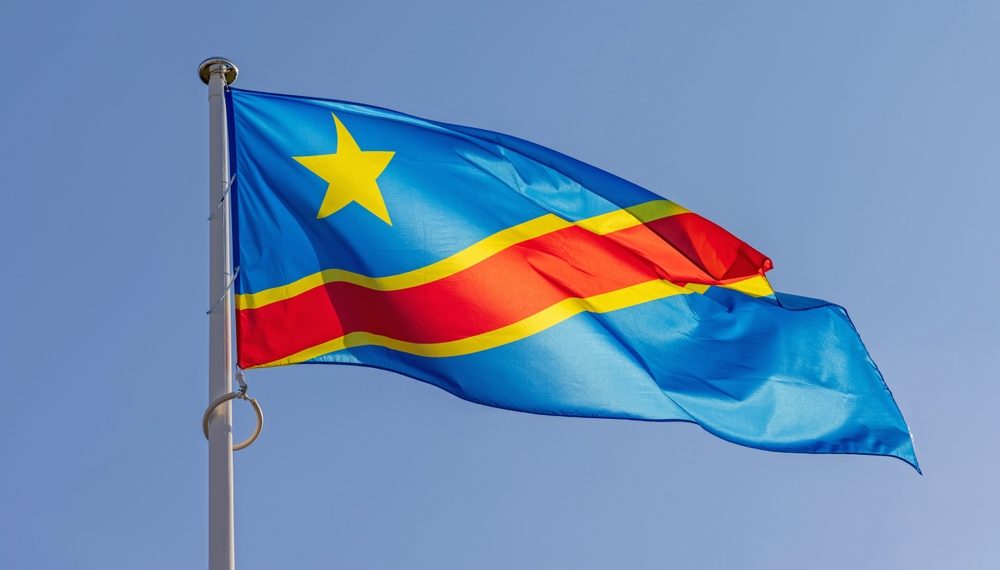Global policy makers and investors across the electric vehicle (EV) battery supply chain watched closely as Félix Tshisekedi was re-elected as president of the Democratic Republic of the Congo (DRC) in late December.
The central African EV battery supply chain is a central issue that will be shaped by the election and Tshisekedi’s policies moving forward.
Expected to be sworn in on 20 January 2024, the election has been criticized by the opposition as a “sham”, according to BBC. Tshisekedi’s main rivals included former ExxonMobil executive, Martin Fayulu; former governor of the copper-rich Katanga region, Moise Katumbi; and Nobel Peace Prize awardee, Denis Mukwege.
The country’s main mineral resources are predominantly cobalt and copper, which have the potential to play a pivotal role in the global green transition.
During his previous term, Tshisekedi was reported to often refer to the DRC as the ‘solution country’ for the climate crisis. However, he has only just begun to progress key environmental and energy issues and now must address how the Congo’s reserves will be used moving into his next administration.
The DRC has both the world’s largest cobalt reserve and is the top producer of the mineral, accounting for about three quarters of global supply in 2023, according to Benchmark’s Cobalt Forecast.
The need for green energy minerals like cobalt and copper has seen the US and European Union (EU) show interest in the Congo, but without a plan to refine the cobalt industry, it risks missing out on it entirely. Cobalt is typically mined as a by-product of copper, and ties with Peru in second place for global copper production.
In early 2022, an agreement between the DRC and neighbouring Zambia was formed to develop a local EV battery supply chain and clean energy sector through the use of economic zones.
Congolese company Buenessa, for example, recently announced that it will develop a cobalt-copper refinery project supported by the DRC government and reflecting the DRC’s ambition to shift from being a critical mineral producer to a potential green industrial power.
The election will likely influence the ongoing discussions between the DRC and Zambia on the location of a potential battery precursors facility. The DRC’s cooperation with other African countries will be crucial for the development of the new industrial ecosystem, given the need to obtain battery minerals like manganese, nickel, and graphite apart from cobalt from various nearby countries.
Congolese nationalism is a further concern that will be molded by the next presidency. Benchmark’s forecast reported that Chinese firms currently have financial interests in 18 of the 26 cobalt-producing assets in the DRC.
Nonetheless, the country has aims to reform copper-cobalt mining agreements and joint ventures to see more value domestically.
For example, this year Tshisekedi ordered the renegotiation of a US$6B Sicomines deal to boost its domestic stake in the venture from 32% to 70%. Situations like these can pose significant implications for cobalt supply and future agreements.
Following the G20 summit last year, the EU, the US, the DRC, Zambia, Angola, the African Development Bank, and the Africa Finance Corporation formed an agreement to support the development of the “Lobito Corridor” which will join the DRC to regional and global trade markets.
The US and EU could boost regional African cooperation to support the development of local critical raw materials supply chains whilst meeting their own demand for the minerals, but the next Congolese president will have a pivotal role in unlocking further investment and enabling the success of these goals.
Overall, the Tshisekedi victory is likely to provide policy continuity for investors in the mining sector. How Tshisekedi can balance domestic issues with international and regional collaboration will be a central factor in the near and long-term future of DRC’s status as a key cobalt producer for a green future.












